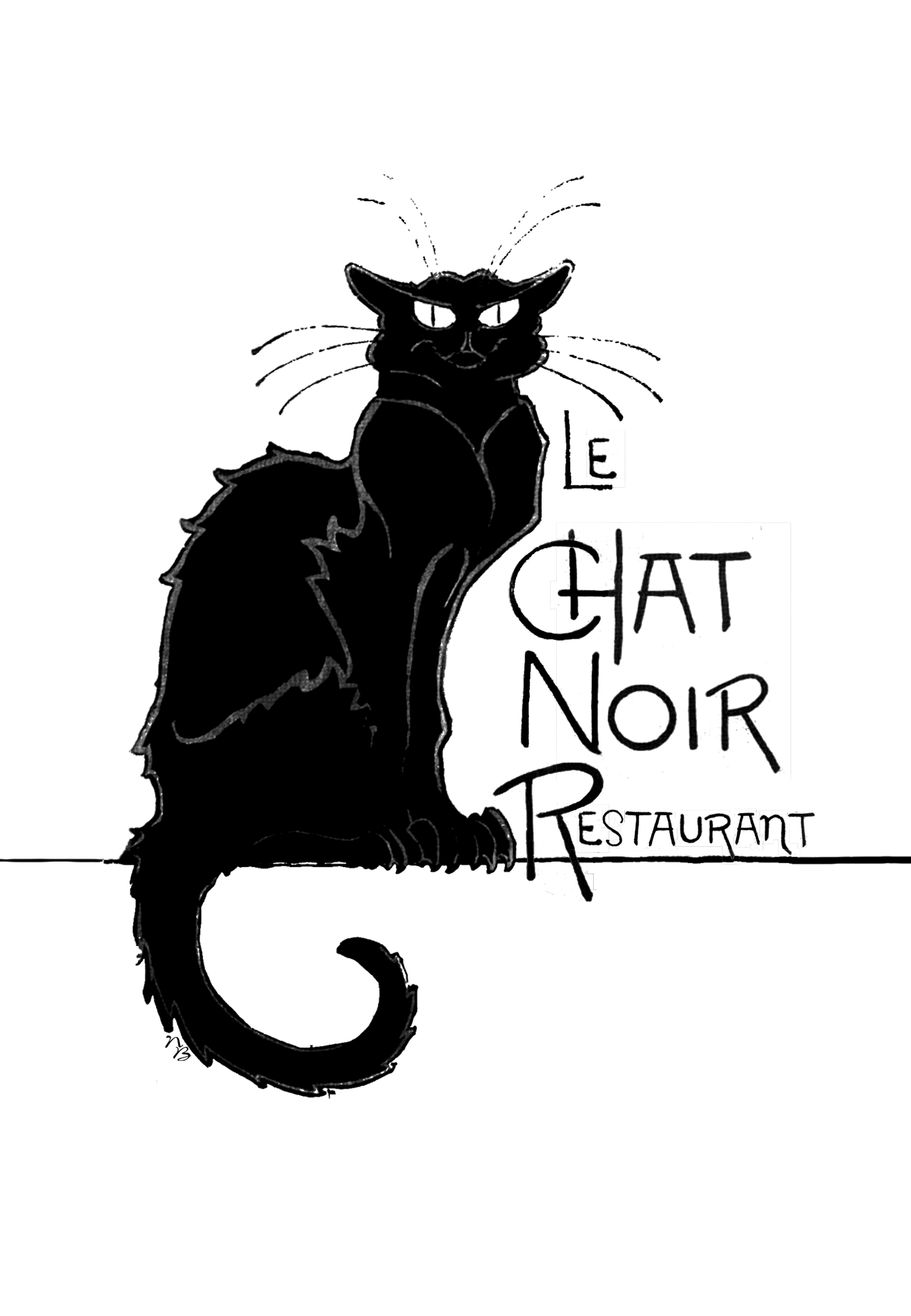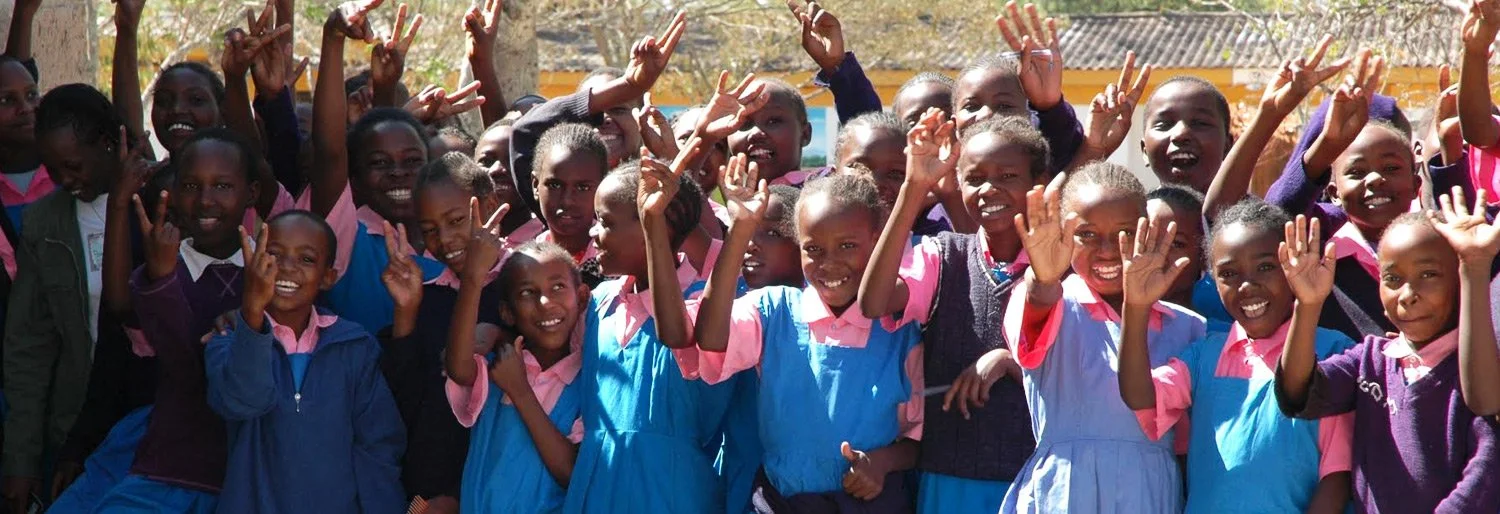What We Do
Giving Back to the Community
Le Chat Noir restaurant has become a cherished staple of the community, having first opened its doors 18 years ago. Throughout the years, this remarkable establishment has not only delighted patrons with its exceptional cuisine and exquisite wine, but has also embraced a profound dedication to giving back. With unwavering support for both local and global causes, Le Chat Noir has woven itself into the fabric of the neighborhood, becoming an invaluable asset. From contributing to schools, churches, and hospitals, to extending a helping hand to the homeless and survivors of natural disasters, the restaurant has consistently demonstrated its commitment to making a meaningful difference. Their tireless efforts have earned them the utmost respect and admiration, as they continue to illuminate what it truly means to be an outstanding member of the community.
For the first time Le chat noir is happily supporting the Maasai Girls Education Fund (MGEF), by sponsoring the scholarship of two beautiful twin, Neema and Nosim. Getting an education is a challenging feat for Maasai girls, as they encounter numerous obstacles, many of which stem from the pervasive poverty within their community. The financial burden of education is insurmountable for most families, who are often enticed by the prospect of a dowry when arranging their daughter's marriage immediately after she reaches a certain age. Moreover, cultural norms and beliefs also contribute significantly to the hindrance of girls' educational opportunities.
Maasai Girls Education Fund Overview (from Tracey Pyles, September 2023):
A decade ago I started running the Maasai Girls Education Fund (MGEF), and it's a legacy I am incredibly proud to have inherited from my mother, Barbara Lee Shaw, who founded MGEF in 2000. You can see from our website (MaasaiGirlsEducation.org) how we began and the impact we have had and continue to have. All our audited financial statements are open and available on our website as well: (http://maasaigirlseducation.org/about-us/accounting-procedures/). I am especially proud that I’ve been able to maintain such detailed accounting and documentation and a scrupulous system of distribution and monitoring that ensures all donor funds are spent efficiently and exactly as directed. How many organizations can boast that 95% of all donations go to actual impactful programs, and only 2-3% each on administration and fundraising? Of course, we are a 501(c)(3) nonprofit, and all donations are completely tax-deductible.
Since we began, MGEF has put nearly 300 Maasai girls through school in Kenya, and literally thousands through Community Education, Women’s Business Training, and Mentoring Workshops. The exact numbers are as follows: 283 students have enrolled in school with MGEF scholarships. 151 students are currently active and enrolled in boarding schools, colleges, and universities. 41 are in primary school; 50 are in secondary school; 3 are in vocational programs; 42 are in post-secondary colleges and universities; and 15 are awaiting acceptance to post-secondary programs.
Our alumnae number 108—108 young women from impoverished communities who would have been married off in their early teens, but who are now doctors, teachers, nurses, dentists, lawyers, businesswomen, beauticians, and more. We even have one heavy machinery operator and an agricultural specialist among our graduates! Only 25 have dropped out in over two decades: 25/283 = a >91% retention rate, despite our girls having every disadvantage stacked against them—extreme poverty, cultural norms, customs and traditions that devalue girls’ education, and often incredible parental and peer pressure to conform to those norms.
MGEF’s success rate is unheard of in the region, and I attribute it to the reputation we have established and how closely and respectfully we work with the Maasai community we serve. We have an office in Kajiado, Kenya, and boots on the ground in the form of a broadly represented Kenyan board of Maasai women and MGEF graduates. They are proud to carry out the MGEF mission with careful oversight from me and my MGEF-DC office Executive Director, Heather McKay. The local Maasai’s own pride in MGEF has been critical to our success and ultimately the success of the girls we support.
All MGEF scholarships are need-based, and all our students attend boarding schools. Our girls literally come from remote mud huts with no electricity or plumbing, lives not conducive to studying. And yet all of them—yes, all—have returned home, armed with their education, to advocate for and change their villages for the better. Our graduates are usually the only literate person in their communities when they return. They build houses for their parents; they put their siblings and cousins through school. They are each the droplet of water in their communities from which even greater positive change ripples. It is truly amazing to see it happen, one incredibly grateful girl’s life at a time. And they have made a family of each other, with an MGEF alumnae sisterhood that is organized, active, and impressive!
Our Community Outreach Programs are also a critical part of MGEF's success, and they demonstrate that we recognize educating girls is only part of a much greater whole that just be addressed for positive change to take sustainable effect. Our Life Skills Workshops (which address sexual health, reproductive health, forced marriage, female genital cutting, and other historically taboo subjects) are held for girls as well as for boys (separately), so that even those who do not attend school with our scholarships still benefit from our outreach. To date, more than 6,905 girls and 5,923 Maasai boys have attended MGEF Life Skills Workshops. Similarly, we hold workshops for men (Chiefs) and women (Mothers), also separately. This began at their request. To date 1,974 Chiefs and 2,650 Mothers have attended. That totals 17,452 Maasai!
Additionally, we hold Women’s Business Training Workshops and provide seed money to help rural Maasai women with little to no education start and sustain small businesses and become self-sufficient. To date 11 cohorts of 30 women have benefitted, for a total of 330 Maasai women started in their own, independent business ventures since 2013.
The last few years have been especially hard for the Maasai, partly because of the social and financial impacts of the COVID-19 pandemic, and also due to one of the worst and most prolonged droughts ever to have hit the Maasai area of Kenya. These same challenges have impacted MGEF’s work and mission. We have only just begun to resume our Community Outreach Mentoring and Life Skills Workshops as people can only recently safely gather again after the pandemic. We have also seen record numbers of girls coming to our Kajiado office in search of an education as a way out of overwhelming poverty and even starvation, a means to help themselves and their families. In response, I added twice the usual number of new girls to the MGEF roster this last year, and many of them are still in need of a sponsor. Photos of each girl and a short rendition of each girl's personal story are featured on our website: http://maasaigirlseducation.org/students/in-need-of-a-sponsor/
Finding sponsors for so many girls in need is always our priority, and will be an important part of the focus of the upcoming 2023 Annual Fundraiser.
For More info…
If you would like to learn more about the MGEF, please visit their website at: www.maasaigirlseducation.org
Dining Out for Life is a heartfelt and impactful annual fundraising event that unites an array of selfless volunteers, devoted corporate sponsors, and restaurants. The concept embodies simplicity at its finest: With immense generosity, participating restaurants graciously pledge a significant percentage from their sales to support local HIV service organizations.
For More info…
If you would like to learn more about the Dining Out For Life, please visit their website at: www.diningoutforlife.com



